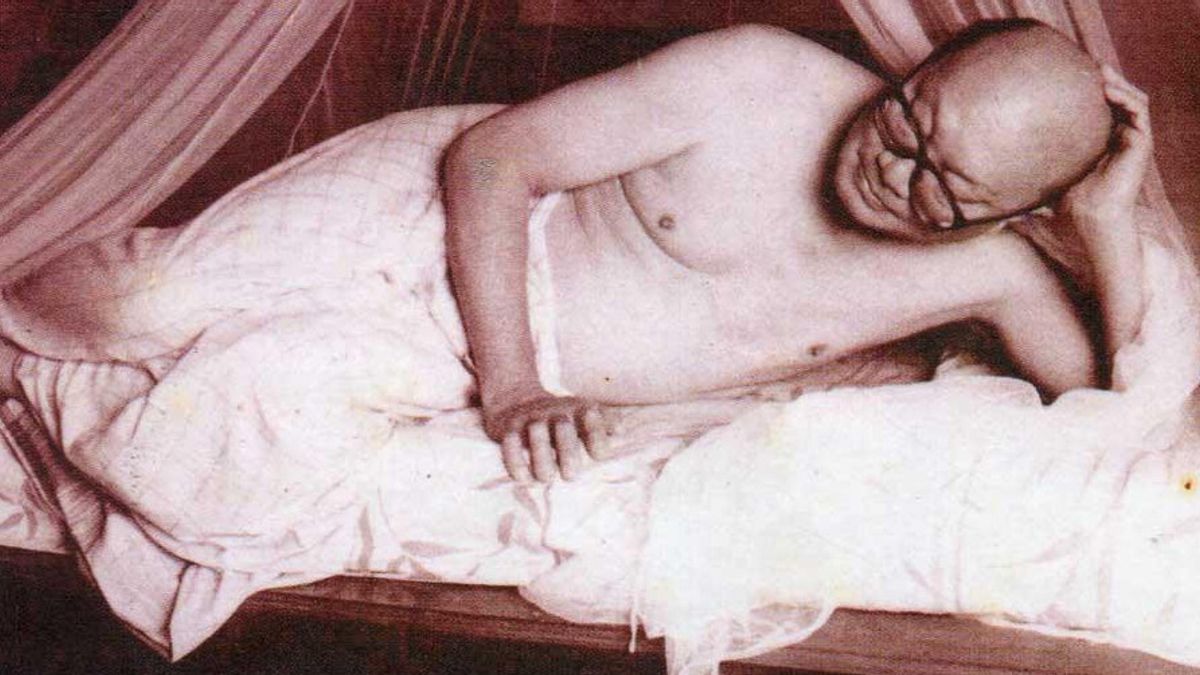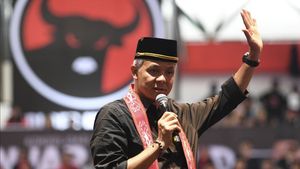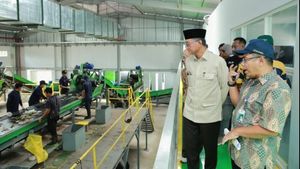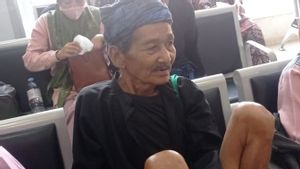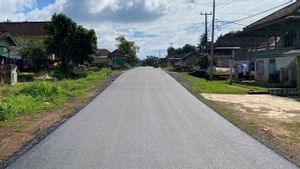JAKARTA - In addition to the opinion section, reading column writing is one of the most popular types of writing when reading print or online media. This interest usually arises because writing is often written by someone with an interesting observation aspect of a problem that is 'happening'. Or it could also raise past problems that exist in society.
Another reason, lies in who is the author. So, ideas can be contained nicely in a variety of problems ranging from education, history, politics, lifestyle and others. So that the issues being reviewed feel fresh, light, attractive, even if the writing theme is in the serious category.
Over time, no matter the big name, first name, or even someone who is not known once in writing the column. One thing for sure, it is important to trust the curation carried out by the national media in choosing column writers, as some of them are often able to captivate the readers' hearts with their own distinctive styles. One of his era is Ong Hok Ham - a historian.
It is not without reason that Ong's name appears as one of the best, because Ong is not only good at discussing history, especially because of his ability to peel off the myths that exist in the archipelago, he is the master.
At least, that can be caught when reading 70 of his columns in Koran Tempo from 1976-2003, and it has been summarized in a book entitled Wahyu Yang Hilang, a Land of Shakes.
Reading the entire column, from sheet 1 to sheet 380 is really interesting. Many facts come from the past, it feels like they should be used as a reference as well as are relevant for the present. To that end, Although there are a total of 70 columns, only the 10 columns with the most interesting labels will be reviewed.
Starting from Wangsit (2002), the Kings of Java and Islam (1977), About Thrones and Successions (1987), Reflections on the Ruling Class (1982), Extortion in Our History (1978), Salaries (and corruption) Throughout Time (1983) ), The Formation of Capitalism among Peranakan Chinese in Java (1978), the Image of a Trader Minority as Satan (1984), Bromocorah in Our History (1983), and Homelessness from time to time (1982). Here's the search.
Wangsit. In this column, Ong is passionate about dissecting matters of power and wealth which are often associated with occult and mystical things.
For example, about the tale about the hidden treasure trove of gold or diamond diamonds belonging to the kingdom in the past, which Ong always considered as an impossible step by echoing the sentence, "If anyone finds it, then the amount will be able to pay off Indonesia's foreign debt."
In fact, if we observe from ancient times until now, the king's taxation system has never been perfect. If this is true, surely Sri Mulyani - Minister of Finance - now doesn't have to bother thinking about state revenue, right?
Kings of Java and Islam. The main interest of this column lies in how a king leads the people, that they must submit to the basis of a king, often in the same role as a prophet - a messenger of God - because based on state ideology, kings in ancient times were considered directly inspired by God.
About Thrones and Succession. The subject of succession or what was known as the succession of kings in ancient times did not escape completely by Ong. He considers that the replacement of the king does not fully - in practice - contain definite and clear elements. Because it is often seen, the prospective new king becomes so fierce that he kills all of his competitors, either his own brother or uncle.
Meditations Regarding Ruling Class. This column tells about how wealth can guarantee political and military standing. Without that, it would be difficult for those who call themselves in power and make changes or spread their wings of power.
Extortion in Our History. Hearing the word pungli - pungutan liar - of course everyone who lives in Indonesia is very familiar with this term. In fact, it is not uncommon to witness directly to become the perpetrator of extortion himself. So, in this column, Ong, explores the historical roots of extortion and the peculiarities of the anti-extortion campaign that has been carried out until now.
All-Time Salary (and Corruption). The root of this paper is how the history of the problem of wages and corruption in this country, which dates back to the Vereenigde Oostindische Compagnie (VOC) era so that it often makes people miserable. Why not, if the Dutch trade partnership could not pay and supervise the village head (official), the people would have to bear the costs.
The formation of capitalism among Peranakan Chinese in Java. This column focuses on the myths that Chinese people can be rich in up to seven generations because of being thrifty and working hard. That is the frame of mind that is the focus of this column that was born in 1978.
In fact, if there is such a career then it is the peasants who have always worked hard who deserve to become millionaires. However, unfortunately that did not happen.
Image of the Merchant Minority as Satan. Specifically for this theme, he revealed that our society often interferes with how when they see other people succeed quickly, the negative stigma that arises is because most of them sell their souls to the devil. In fact, it's not like that either.
Bromocorah in Our History. Tells the story of the history of the champions - champions who were usually used for the benefit of the government - in ancient times. Starting from their role, even before they had a large number, to the point that the police and pangreh praja were outnumbered.
Even so, in addition to the bad image given to the champions, when the heroes side with the winners, the hero label is immediately attached to the back of their names, and this has become evidence that political relations and violence have long been ingrained in our nation. .
The Tramp from Time to Time. This column is one of the best of Ong's writings. Why? Because here he follows the history of homelessness starting from the pre-independence era, the development of homeless people in the Western world, the role of the homeless during the Java War (1741 - 1743) to the Japanese occupation era.
Those are the 10 interesting columns. Hopefully this book can be an alternative reference for all of you in your spare time, while enjoying the presentation of ideas originating from Ong Hok Ham's typical past, while sharing the opinion of a Russian statesman, Krouchtjev, who had said, "Historian is a profession that is feared by the authorities because they can dismantle the past with an irrefutable explanation. "

Detail:
Title of Book: Lost Revelation, Land shaken
Author: Ong Hok Ham
First published: 2003
Publisher: KPG
Number of Pages: 380
The English, Chinese, Japanese, Arabic, and French versions are automatically generated by the AI. So there may still be inaccuracies in translating, please always see Indonesian as our main language. (system supported by DigitalSiber.id)
